
Jupiterimages/Pixland/Getty Images
The HCG diet requires you to follow a strict diet plan, drastically cutting your caloric intake, in addition to taking the hormone supplements. You can have a few servings of vegetables each day, but the diet plan limits your selection of veggies. Before beginning the HCG diet, meet with your health care provider to ensure it is a good fit for you, as the jury is still out on its safety and effectiveness. A review in the May 2013 issue of "The Annals of Pharmacology" reports that the HCG diet has not been adequately studied for safety and may be responsible for adverse effects, such as deep vein thrombosis.
Diet Plan
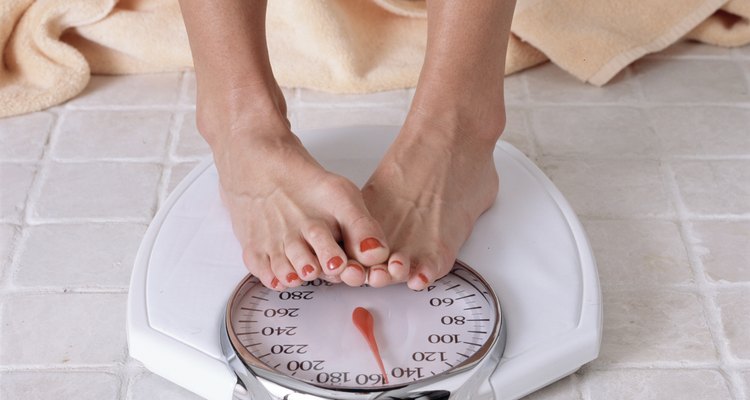
Reid Veto/iStock/Getty Images
HCG is short for human chorionic gonadotropin, a hormone women produce in the placenta during pregnancy. This diet plan is broken up into three separate phases. In the initial loading phase, which lasts for two days, you can follow your normal diet regime, thus stock up on fat stores. The main part of the diet is the maintenance phase, lasting for anywhere from 21 to 40 days, depending on your weight loss goals, according to GreenHCG.com. During maintenance, you have to limit your caloric intake to no more than 500 total calories. Lastly, the stabilization phase allows you to slowly start increasing your caloric intake over a period of three weeks.
Types of Veggies
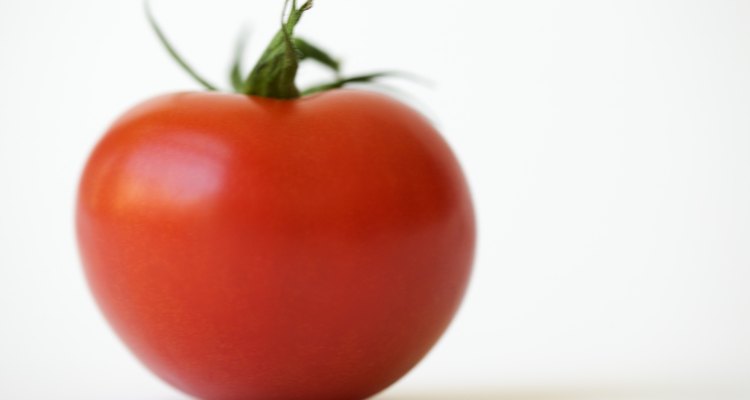
Creatas Images/Creatas/Getty Images
Generally, vegetables fit into one of two different categories: starchy and nonstarchy. Starchy vegetables have a higher starch content, providing more carbohydrates and more calories. The HCG diet plan includes a few types of nonstarchy vegetables, which provide minimal amounts of starch and calories. Enjoy nonstarchy varieties including Swiss chard, tomatoes, spinach, red radishes, salad greens, fennel, onions, asparagus, cabbage or cucumbers. While you can have nonstarchy vegetables on the HCG diet plan, you have to limit your servings and measure them carefully to avoid consuming too many calories.
Meals

violetkaipa/iStock/Getty Images
Breakfast on the HCG diet typically consists of a cup of plain coffee or tea. You can sweeten your morning brew with an artificial sweetener and add in a tablespoon of milk, but you must limit your dairy consumption to 1 tablespoon every 24 hours. Lunch and dinner are similar, including 100 grams, or about 3 1/2 ounces, of meat, a cracker, and a serving of fruit and vegetables. You may experience some weight loss while eating this way, but it most likely stems from the minimal calories you consume.
Vegetable Servings
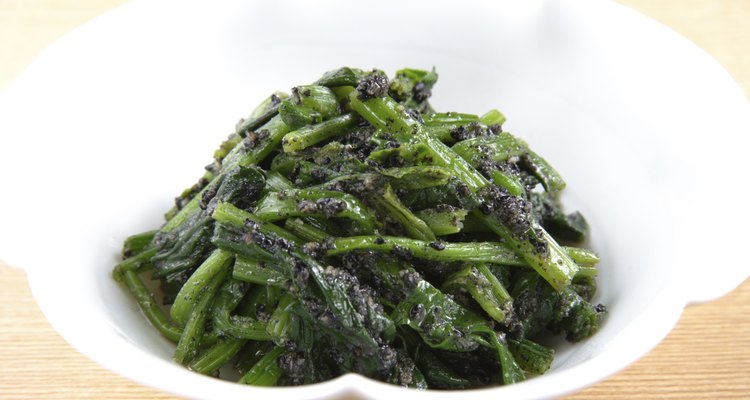
whitetag/iStock/Getty Images
Nonstarchy vegetables from the approved list offer a minimal 25 calories per 1 cup raw or 1/2 cup cooked serving, according to the American Dietetic Association. Enjoying a small portion of lean meat alongside sauteed spinach provides less than 190 calories. While nonstarchy veggies are naturally low in calories, you have to limit your intake to one serving at lunch and one serving at dinner to fit into the 500-calorie diet plan.
Related Articles
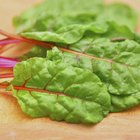
Vegetables to Eat While on the Medifast ...

Serving Size of Steamed Asparagus
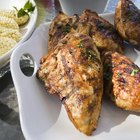
The Harcombe Diet Food List
When to Eat & Exercise With P90X
How Many Calories Are for Breakfast, ...

A Daily Meal Plan With Protein, Grains, ...

What Is the Nutritional Value of an ...
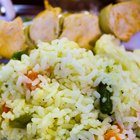
Steamed Vegetable Diet

Kaiser Hotdog Diet

Flat Belly Diet & Coffee
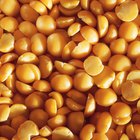
Which Is Healthier, Lima Beans or ...

High Fiber & Protein Diet Menus

The Soup, Salad & Sandwich Diets
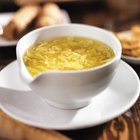
Calories in a Pint of Egg Drop Soup

Which Cooking Oil Can You Use on the ...

The Best Type of Pizzas to Eat
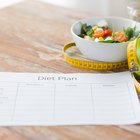
Breakfast on the Soup Diet

How to Get Fit in 4 Weeks
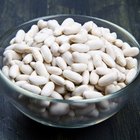
Cannellini Beans for Weight Loss
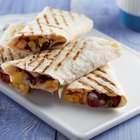
How Many Calories in a Taco Bell Bean ...
References
- HCG Diet Info: The Original hCG Diet by Dr. A.T.W. Simeons
- The Annals of Pharmacology:Food Nutrient Data for Choose Your Foods: Exchange Lists for Diabetes, 2007
- American Dietetic Association: Choose Your Foods: Exchange Lists for Diabetes; American Dietetic Association
- Green HCG: Phases of HCG Diet
Writer Bio
Melodie Anne Coffman specializes in overall wellness, with particular interests in women's health and personal defense. She holds a master's degree in food science and human nutrition and is a certified instructor through the NRA. Coffman is pursuing her personal trainer certification in 2015.
Photo Credits
Jupiterimages/Pixland/Getty Images